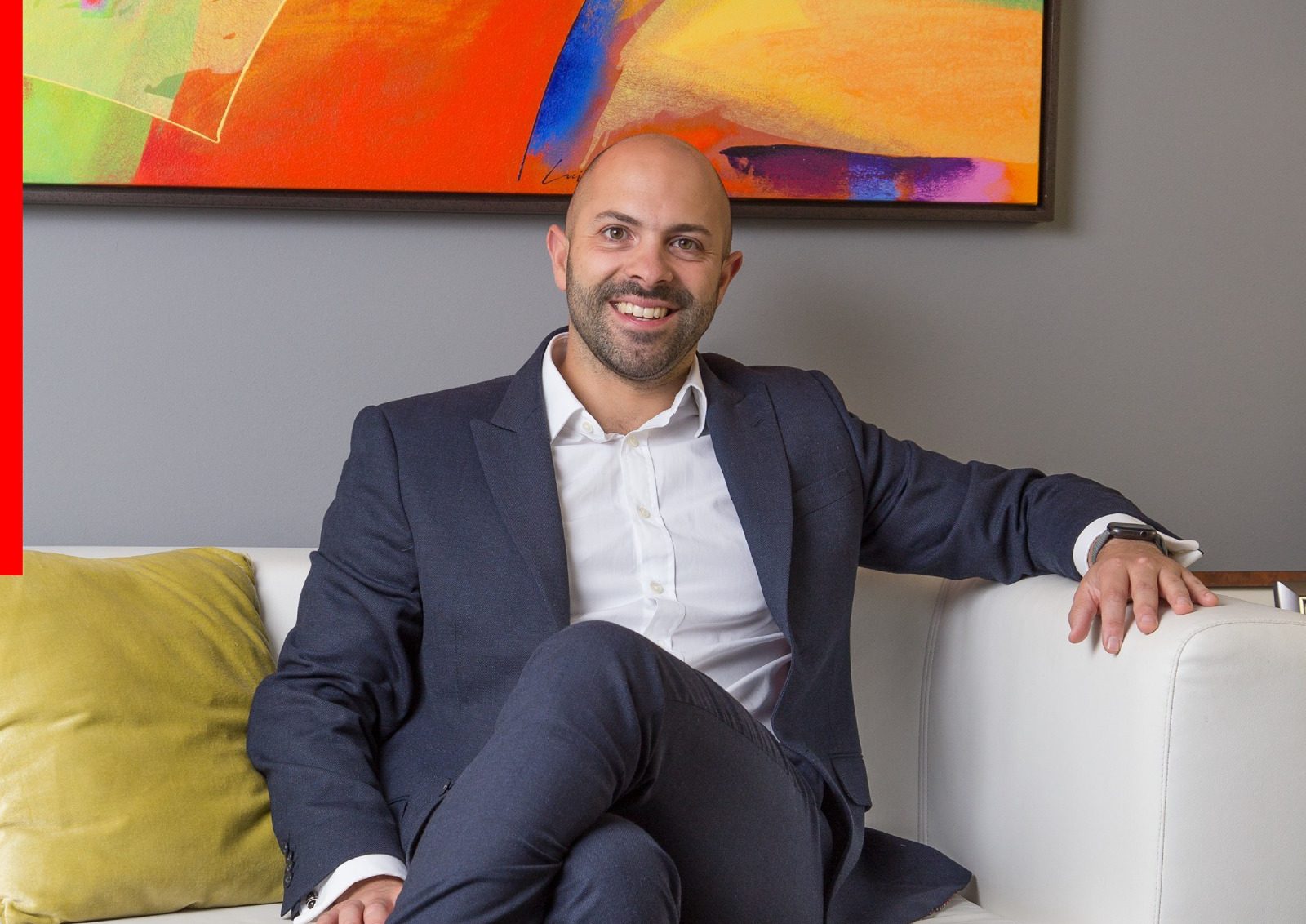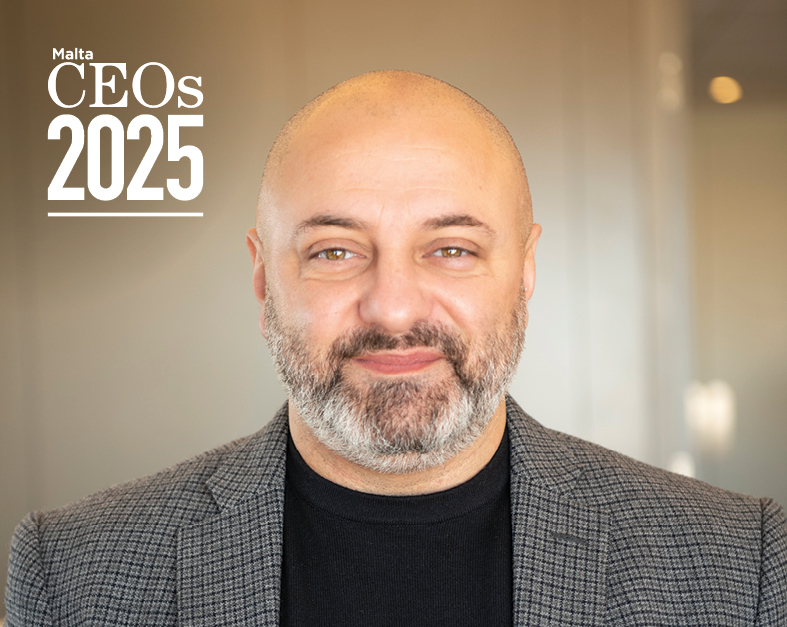Employee benefits are no longer simply a “one-size-fits-all proposition”, Senior Recruitment Consultant Simon Pace has explained, with more flexible plans being preferred.
In today’s tight labour market, driven by inflationary pressures, skills shortages, and cost-of-living challenges, employers have struggled with employees demanding significantly higher wages.
Workers have requested higher rates of pay, and given their limited options available, businesses have had no choice but to pay more for talent, hire foreign workers, or invest in the upskilling and reskilling of their current employees.
In a bid to attract talent, more companies are now providing benefits in addition to the basic wage. These benefits can range from private pension schemes and flexible working arrangements, to home loan benefits and insurance coverage, as well as discounts and gym memberships.
Mr Pace, who has years of experience working in the recruitment industry, presently at VacancyCentre, in a social media post recently said that the aforementioned schemes are some of the most sought after by job seekers. He added that employers are now becoming more aware of the fact that different benefits can boost employee satisfaction and loyalty.

Following this, MaltaCEOs.mt contacted Mr Pace better understand the need for such employee benefits plans, and how this can act as a powerful tool to attract or retain talent.
He remarked that he has encountered a couple of employers, mainly international ones with offices in Malta, whose job offers didn’t include the typical list of benefits, identical across a company, but instead contained a “flexible benefits plan.”
Prospective employees would then have a list of various benefits which they could choose from, depending on their preferences. “This meant that some employees within that company might have chosen home loan benefits together with health insurance and private pension schemes, whereas others within the same team might have home loan benefits, but instead of health insurance they might have chosen cash allowances for gym, fuel, and meals,” Mr Pace said.
He added that this makes a lot of sense, as a 43-year-old employee may have “different needs and preferences” to someone who is 23.
Offering extra benefits over and above the basic salary is already a plus for many employees, particularly since, as Mr Pace explained, “there are still companies who just offer a basic salary.”
He clarified that offering the same list of benefits to employees isn’t wrong, but providing a flexible plan to employees could potentially “reap more benefits” since each employee would have the opportunity to choose the benefits which are most useful to them.
Mr Pace reaffirmed that employee benefits can play a “crucial role” in the recruitment process, as from his own experience, he explained that prospective employees do not simply compare salaries, but also do so with the overall compensation package, including benefits.
Additionally, when employees feel that they are being taken care of, they are more likely to be “engaged, motivated, and committed to their work”, increasing the chances of them staying with their current employer. Thus, turnover costs are reduced, and a sense of loyalty is fostered.
“Then, when it comes to positions that require specialised skills or where there is a shortage of qualified applicants, offering unique or tailored benefits can be a powerful incentive. This is because it allows companies to appeal to a wide range of individuals, considering factors such as age, family status, health, and lifestyle preferences,” Mr Pace stated.
He pointed out that as the workforce continues to evolve and employee priorities change, a company that regularly reviews and updates its benefits package demonstrates “adaptability.” “This adaptability is attractive to employees who seek an employer that understands and responds to their changing needs,” he continued.
“Offering competitive benefits packages is not just an expense for a company, but an investment in attracting, retaining, and cultivating a satisfied and productive workforce,” Mr Pace affirmed.
Mr Pace has worked at VacancyCentre for the past five years, having previously also occupied a senior consultancy position at a local business consulting firm. Over the years, he has successfully assisted and supported various recruitment campaigns for local and international clients by sourcing candidates for a number of sectors.
‘Treat outsourcing agreements like a pre-nup’ – Simon Azzopardi on asking the hard questions
Having seen founders held hostage by unpaid invoices, Mr Azzopardi warned of the risks of avoiding difficult early conversations.
‘Here’s to growth, to clarity, to resilience, and to another year of learning to be’ – Nadia Pace
The seasoned business advisor marked her birthday with a thoughtful reflection.
What Pope Leo XIV’s election can teach business leaders about humility, dialogue, and global vision
The election of Pope Leo XIV offers timely lessons in humility, bridge-building, and global leadership.
5 ways to energise a team meeting and keep everyone engaged
To get the most out of your people, it’s important to inject energy and creativity into the way meetings are ...









